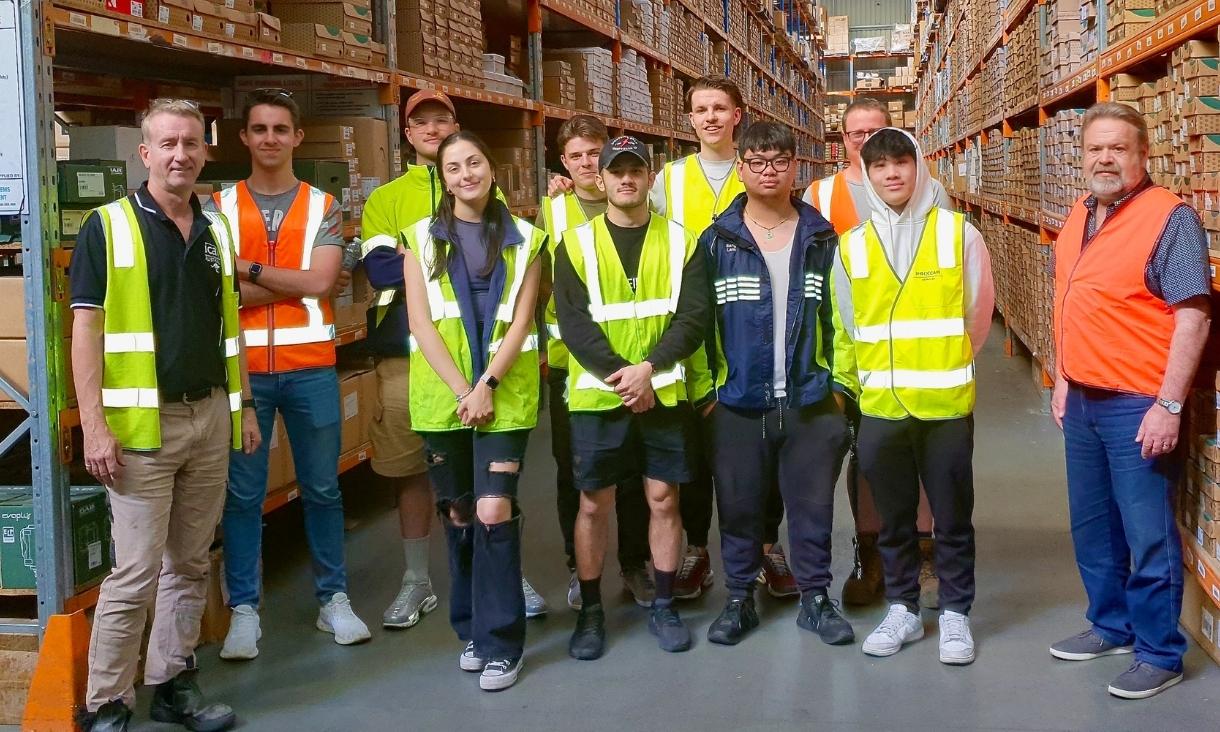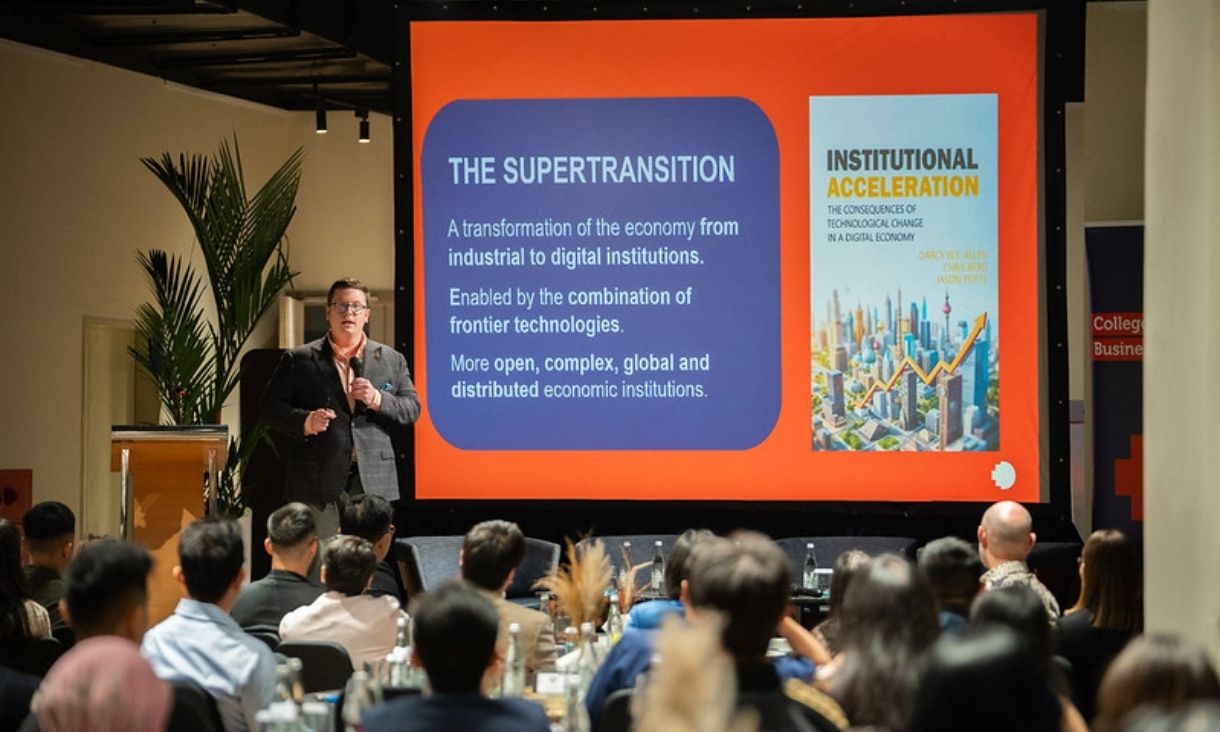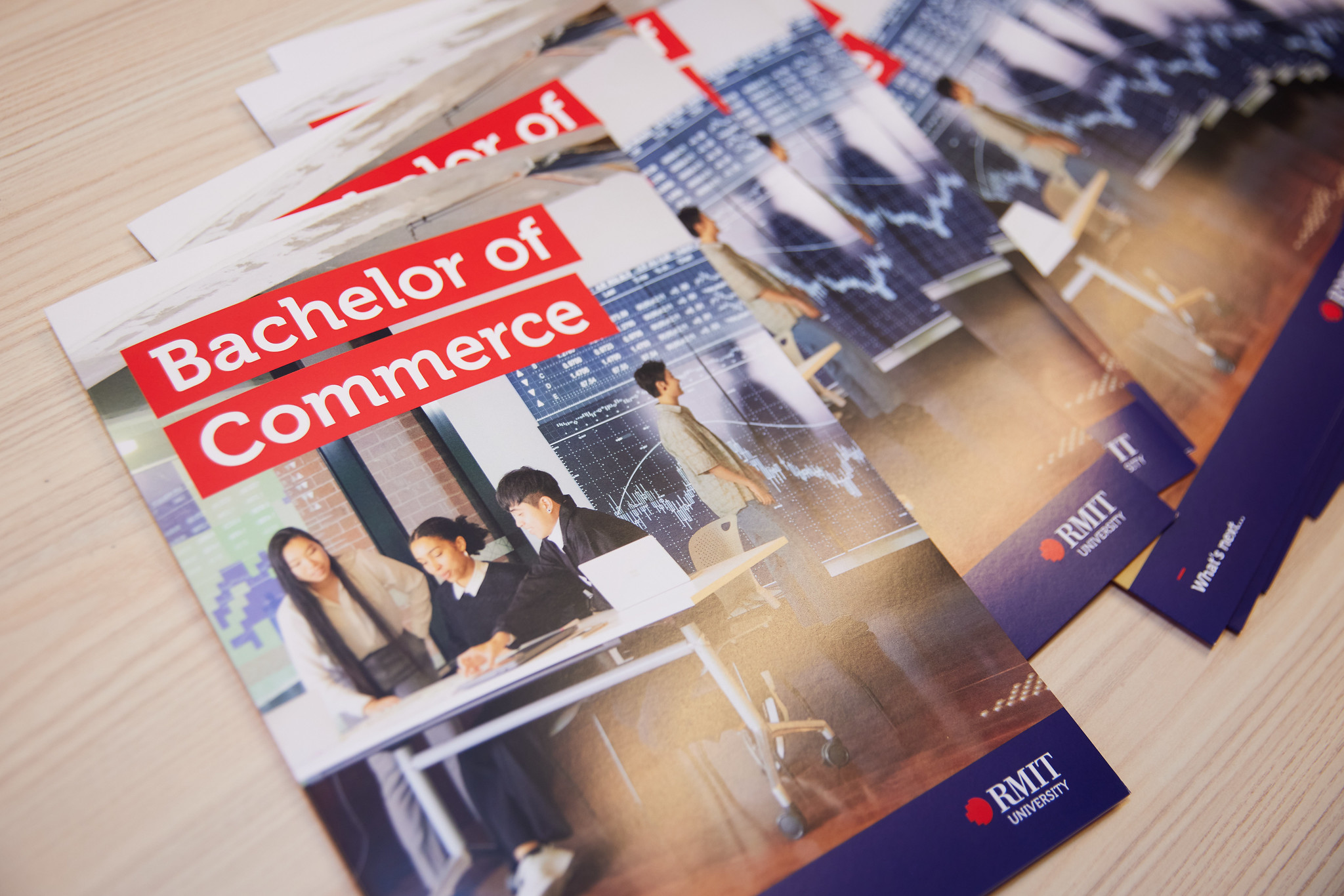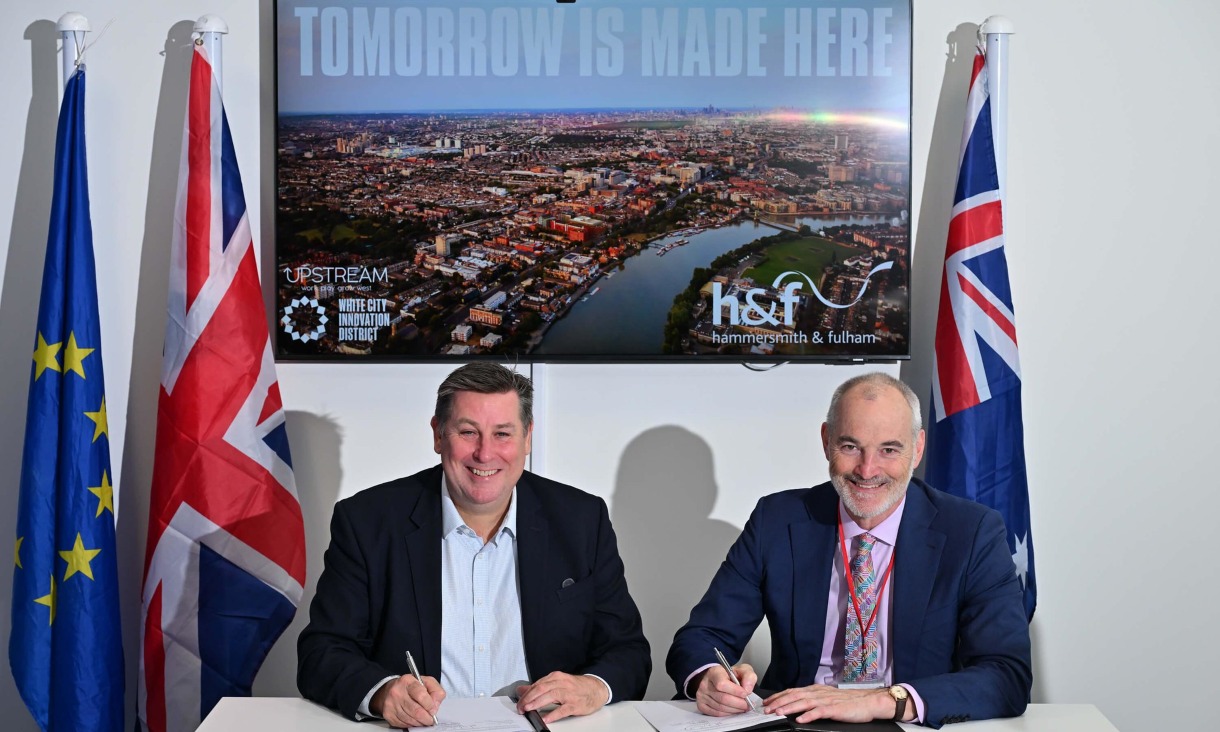Siemens Australia Chairman and CEO, Jeff Connolly said he was excited by the possibilities of this announcement.
“Australian industries can compete with the best in the world, so long as they have people coming through the entire tertiary education continuum with fit-for-purpose skills who are ready to tackle the needs of the future.”
“Although Germany’s concept of Industry 4.0 (fourth industrial revolution) initially described the future of manufacturing, it has become clear that there are significant implications for energy, healthcare, transport, building and construction, engineering, sustainability industries also - all part of RMIT’s and Professor Subic’s broader partnership approach,” Connolly said.
“COVID-19 is forcing Australians and Australian businesses to look for new ways to keep our economic engines running. The university sector has been hit by the pandemic also, so like other industries, they also need to innovate and evolve during this time. No doubt the software grant and the government grant will support RMIT to continue the constant drive to innovate their models and offerings and to ensure an even greater connectedness to industry.”
“Digitalization has no borders and we have to learn how our economy can participate and thrive and be resilient in global economy. This requires new ways of thinking, new ways to collaborate and new skills across the entire spectrum of the workforce. Digitalization technologies and skills are critical to Australia’s prosperity in this new world,” Connolly said.
Subic said it had never been more important to provide this type of industrial digital environment for the development of workforce of the future, that enables and supports teams to co-design and co-deliver programs and projects across borders and industry sectors remotely
“I believe this will be the first time an Australian dual sector university in partnership with a global industry leader has considered the international implications by connecting Australian campuses and industry to those in Vietnam and the region, he said.
“For successful industry transformation at scale we need our students, staff and industry partners to work collaboratively on same global digital platforms based on globally accepted industry standards and processes. We are pleased that our bold strategy has strong support from industry that is receptive to change and a government that helps stimulate that change,” Subic said.
The new Industrial Digital Innovation Hub will be managed out of the RMIT Advanced Manufacturing Precinct in collaboration with key industry partners.
Story: Karen Phelan

-1220_x_732.jpg)



